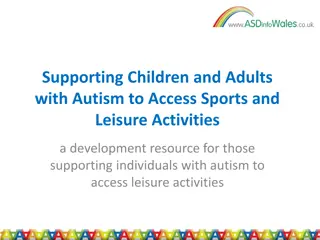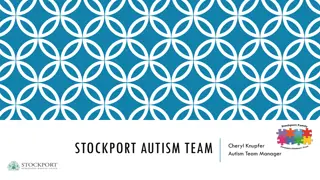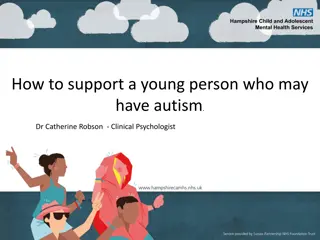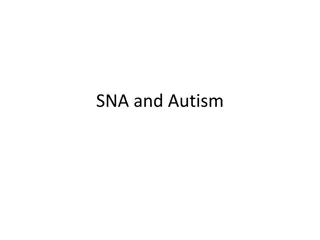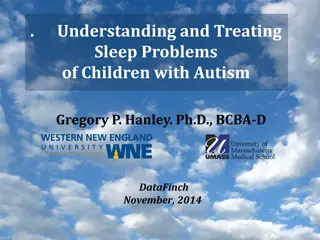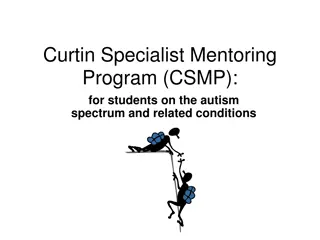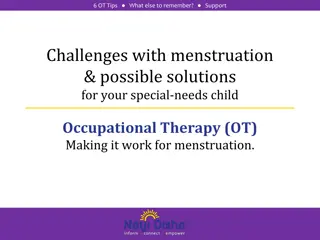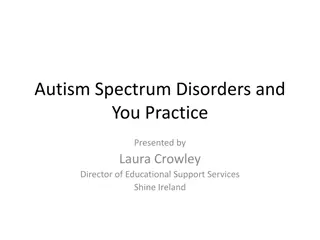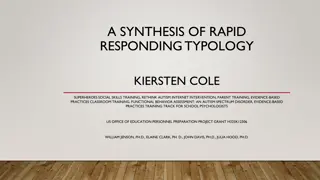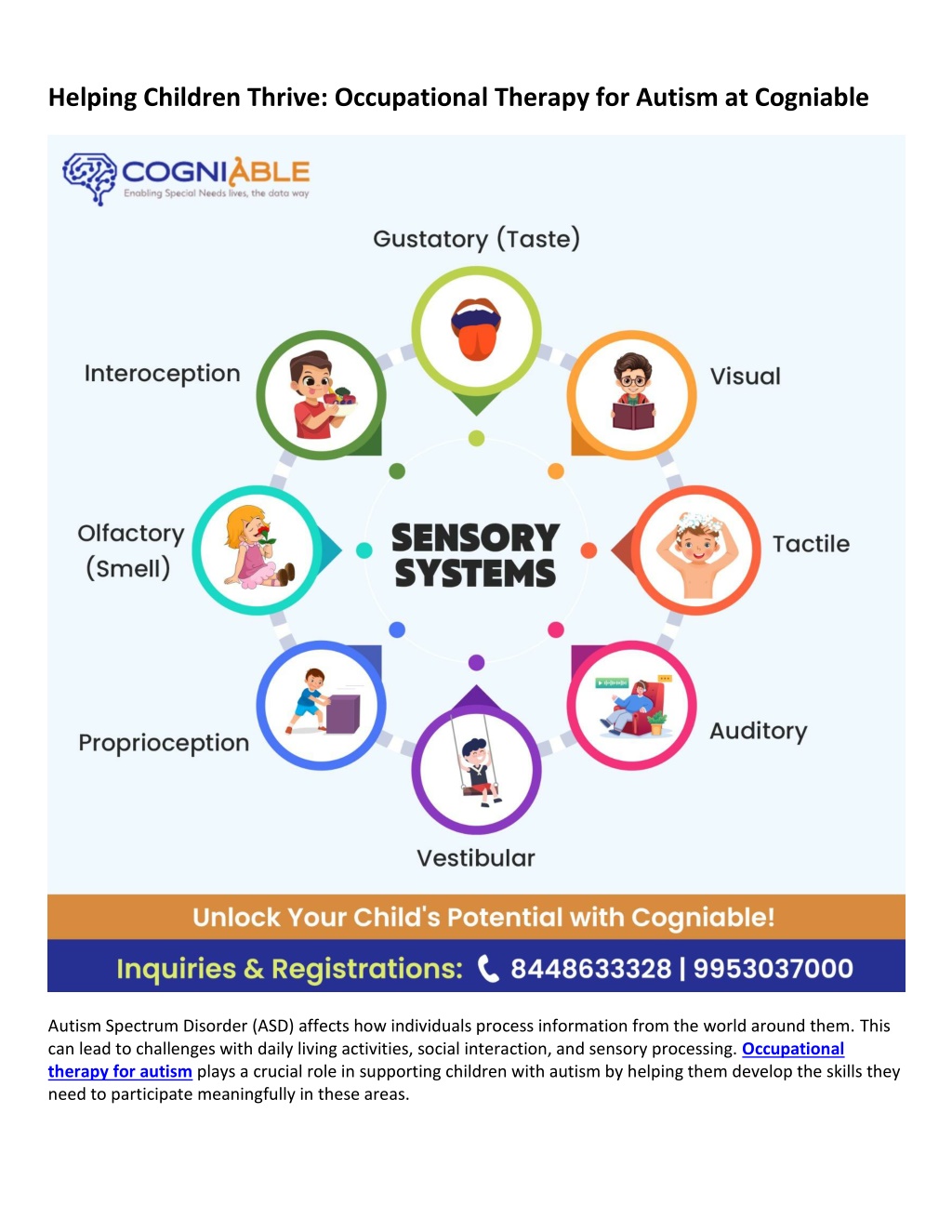
Helping Children Thrive Occupational Therapy for Autism at Cogniable
Seth Jai Prakash Polytechnic (SJPP), nestled in the heart of Haryana, has carved a niche for itself as one of the top polytechnic colleges in haryana . With its commitment to quality education, state-of-the-art infrastructure, and a strong focus on p
Download Presentation

Please find below an Image/Link to download the presentation.
The content on the website is provided AS IS for your information and personal use only. It may not be sold, licensed, or shared on other websites without obtaining consent from the author. Download presentation by click this link. If you encounter any issues during the download, it is possible that the publisher has removed the file from their server.
E N D
Presentation Transcript
Helping Children Thrive: Occupational Therapy for Autism at Cogniable Autism Spectrum Disorder (ASD) affects how individuals process information from the world around them. This can lead to challenges with daily living activities, social interaction, and sensory processing. Occupational therapy for autism plays a crucial role in supporting children with autism by helping them develop the skills they need to participate meaningfully in these areas.
Cogniable.tech, a multispecialty center in India, offers comprehensive occupational therapy programs designed specifically for children with autism. Their team of experienced therapists utilizes a holistic and evidence-based approach, focusing on each child's unique needs and goals. What is Occupational Therapy for Autism? Unlike traditional therapy models that focus on underlying causes, occupational therapy works on the "occupations" of life. For children with autism, these occupations might include dressing independently, brushing teeth, playing with friends, or attending school comfortably. Occupational therapists (OTs) at Cogniable assess a child's strengths and weaknesses in these areas and develop personalized strategies to improve their ability to participate. How Does Occupational Therapy Help Children with Autism? Here are some key areas where occupational therapy for autism at Cogniable can benefit children: Sensory Processing: Children with autism may experience sensory overload, under-sensitivity, or both. OTs create a sensory profile to understand a child's sensory needs. They then use various techniques, such as sensory integration activities, to help them regulate their sensory responses. This can lead to improved focus, reduced anxiety, and a greater ability to participate in daily activities. Fine Motor Skills: Developing fine motor skills, like grasping objects, writing, and using utensils, is crucial for daily living and learning. OTs work on improving hand-eye coordination, dexterity, and strength through play-based activities and targeted exercises. This can improve a child's independence, self-care skills, and academic performance. Self-Care Skills: OTs help children with autism develop the skills needed for self-care, such as dressing, bathing, and toileting. This can improve their independence and self-confidence, allowing them to participate more fully in life. Social Participation: Social interaction can be challenging for children with autism. OTs help them develop social skills through play therapy, group activities, and social communication training. This can improve their ability to connect with peers, build friendships, and navigate social situations. Emotional Regulation: OTs work with children on strategies to manage their emotions, such as frustration, anxiety, or meltdowns. This can involve mindfulness practices, relaxation techniques, and self-calming strategies. By developing better emotional regulation skills, children can cope with challenges more effectively and participate more actively in their environment. Cogniable's Approach to Occupational Therapy for Autism Cogniable's occupational therapists take a multi-disciplinary approach, collaborating with other specialists like speech therapists, behavioral therapists, and special educators. This ensures a holistic treatment plan that addresses a child's needs across various developmental domains. Here are some key aspects of Cogniable's approach: Individualized Assessments: Before starting therapy, OTs at Cogniable conduct a comprehensive assessment to understand each child's strengths, challenges, sensory profile, and daily living routines. This allows them to tailor the therapy program to meet the child's specific needs and goals.
Play-Based Therapy: Play is a natural way for children to learn and develop. Cogniable's therapists incorporate play activities into therapy sessions to make learning fun and engaging. This approach can help children develop new skills, improve social interaction, and manage their sensory needs. Family-Centered Care: Cogniable recognizes the importance of family involvement. They provide education and training to parents and caregivers, empowering them to support their child's progress at home and in the community. Evidence-Based Practices: The therapists at Cogniable utilize evidence-based approaches like sensory integration and DIR/Floortime. These techniques have been shown to be effective in improving functional skills and overall well-being in children with autism. Benefits of Occupational Therapy for Children with Autism at Cogniable By participating in occupational therapy at Cogniable, children with autism can experience numerous benefits, including: Increased independence in daily living activities Improved self-care skills Better sensory processing Enhanced fine and gross motor skills Improved social interaction and communication Reduced anxiety and frustration Increased self-confidence and self-esteem Greater participation in school and social activities Getting Started with Occupational Therapy at Cogniable If you are interested in learning more about occupational therapy services for your child with autism at Cogniable, you can visit their website at https://cogniable.tech/ or contact them directly. They offer consultations to discuss your child'


